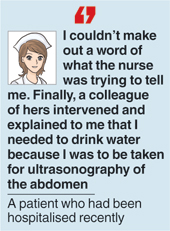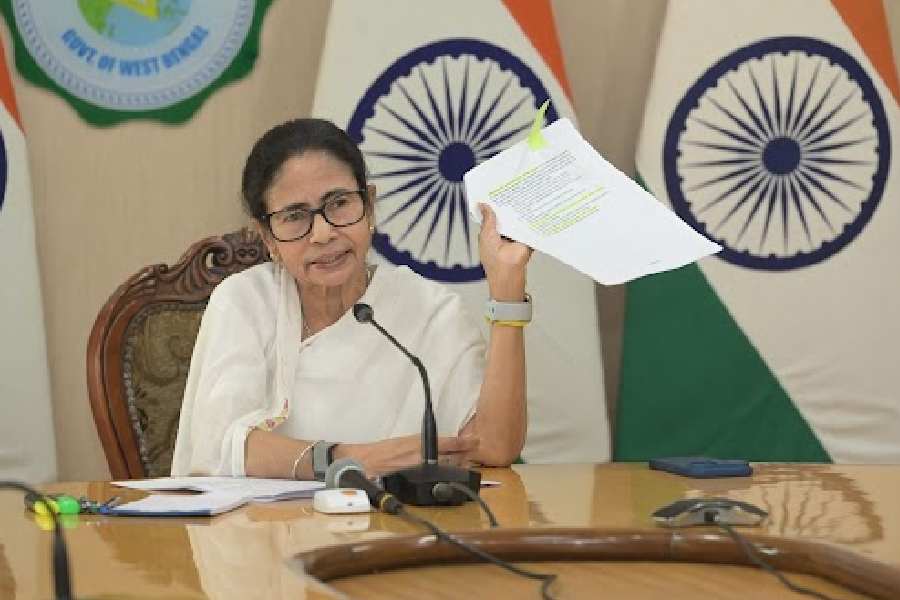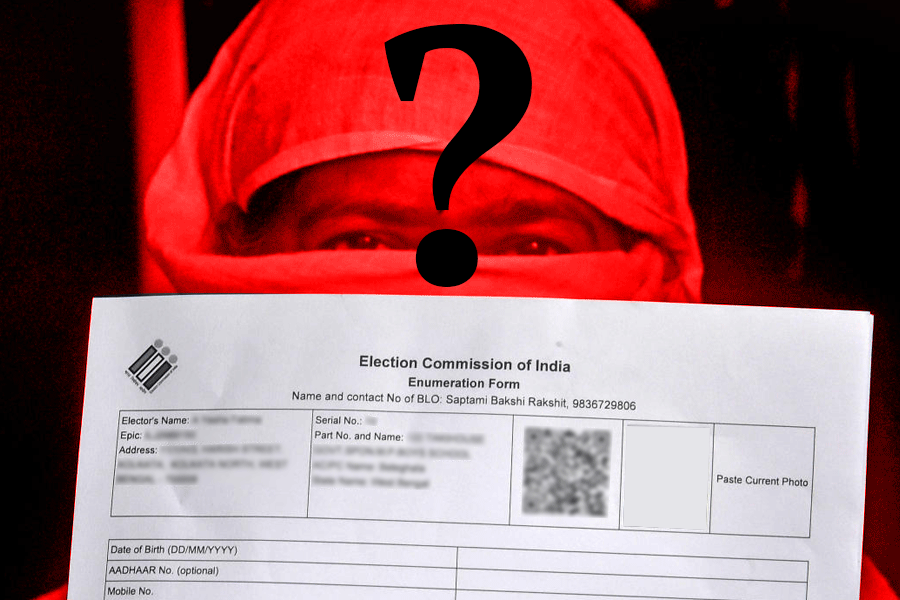 |
Bengal doesn’t produce nurses to meet even half the requirement of private hospitals in Calcutta, leaving them dependent on caregivers from other states with little or no language skills to communicate with patients and doctors in this part of the country.
At least 60 per cent of the 11,000-odd nurses employed by private hospitals are from outside and the majority of them are known to have difficulty communicating in Bengali or Hindi.
Doctors and CEOs of some hospitals acknowledge that language is a problem that sometimes nullifies the nursing skills these caregivers possess. For patients, it can be a nightmare trying to convey something to a nurse for whom Bengali or Hindi might as well be Greek.
An elderly man who recently underwent angioplasty in a reputable private hospital along the Bypass got scared when a junior nurse came to his bedside and started removing the dressing from his wound without saying a word.
“The nurse didn’t know Bengali or Hindi, so she couldn’t explain to the patient why the dressing was being removed,” recounted the doctor under whom the man had been admitted. “I asked a senior nurse to explain to the patient that he was doing well and that the dressing was being removed because he would go home in a day.”
Doctors and officials of reputable hospitals across the city receive complaints regularly from patients about the language barrier. There have been instances of miscommunication triggering an altercation between hospital staff and family members or relatives of patients.
“Some nurses do speak a smattering of Hindi but the accent is so different that you can’t blame anyone for not understanding a word. I, for one, couldn’t make out a word of what a nurse was trying to tell me. Finally, a colleague of hers intervened and explained to me that I needed to drink water because I was to be taken for ultrasonography of the abdomen,” said a woman who had undergone treatment in a south Calcutta hospital.
Doctors face problems while seeking medical updates about critically ill patients over phone at night.
“A few days ago, I called a nurse in a ward where a patient who had had surgery was recuperating. I wanted an update on his condition, only to realise that the nurse was unable to converse in Bengali, Hindi or English. After much difficulty, I made her understand that she should call the sister-in-charge to explain to me the medical condition of the patient,” recalled surgical gastroenterologist Sanjay De Bakshi.
A nurse short on language skills becomes a liability especially while handling a patient in pain. “There have been instances when I have had to rush to the hospital late at night because a junior nurse couldn’t properly explain the condition of a patient to me,” said surgical oncologist Gautam Mukhopadhyay.
In all branches of medicine, nurses play the key role in health care. A nurse not only spends more time in a ward than anyone else involved in the treatment process, he or she is the interface between patient and doctor. “Nurses are friendlier with patients than their doctors. Patients feel comfortable communicating with nurses and that’s the whole idea,” said Rabin Chakraborty, director of the Apollo Gleneagles Heart Institute.
If language is a barrier, even an otherwise efficient nurse can bungle because of her failure to understand a patient’s need and the doctor’s instruction. The problem is acute when nurses can barely converse in any language other than their native tongue. “Our nurses are well trained and provide good medical care. But at times when we try to explain something, they don’t understand. Their superiors are, of course, around to assist them,” Chakraborty said.
Pulmonologist A.G. Ghoshal, medical director of the National Allergy Asthma Bronchitis Institute, puts the onus on hospitals to correct this wrong. “Hospitals need to understand patients better and nurses play the key role in this process,” he said.
Ghoshal’s institute and the Asthma Awareness Trust recently launched a website in association with the Indian Medical Association to teach the fundamentals of communication in Bengal to nurses coming from other states.
Cardiologist Chakraborty said language orientation programmes started by hospitals should be scientific. “Apart from teaching them language skills in classes, nurses should be put on duty with seniors who have been in Bengal for several years and learnt the local language.”
Several reputable hospitals insist that the problem is less severe compared to a few years ago. “We have been providing language training to nurses across our hospitals for 30 years. Since 2005, language training has been a part of our quality control programme,” said Rupali Basu, CEO of Apollo Gleneagles Hospitals.
Apollo has 900 nurses, 70 per cent of whom are from outside the state.
Other private hospitals in town said they were engaging human resource professionals and senior nurses to teach juniors basic language skills. “We train our nurses in the local language before allowing them to interact with patients on their own,” said Pradip Tondon, CEO of Belle Vue Clinic.
Have you had trouble communicating with a nurse? Tell ttmetro@abpmail.com










